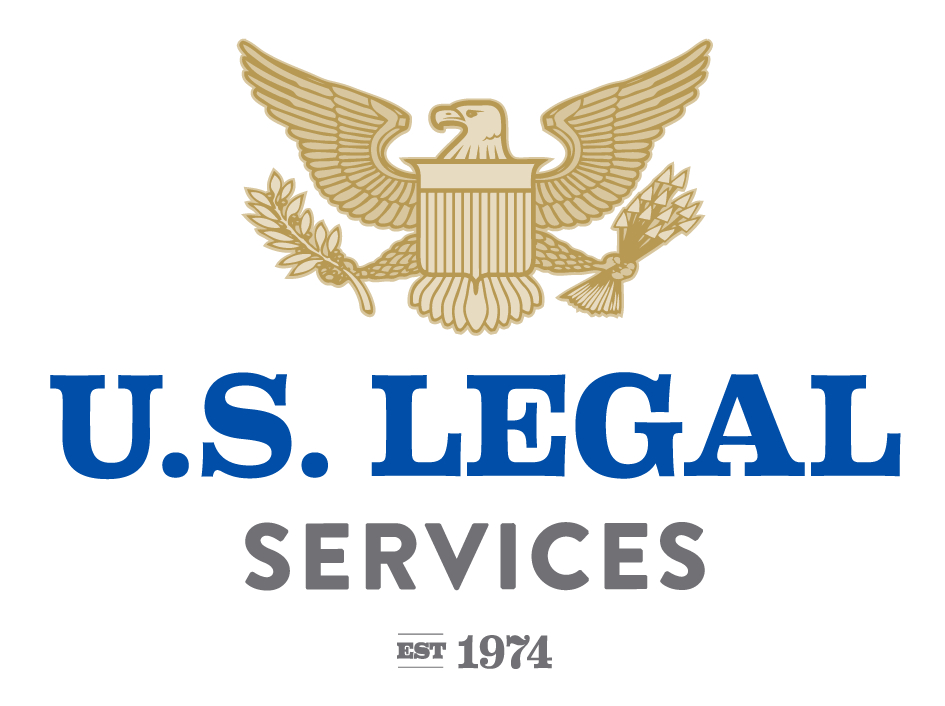Estate Planning
Planning for the future often includes the types of jobs we want or where we’d like to live in the years to come, but too often, preparing for the future doesn’t involve our estates
In fact, according to several statistical studies, few Americans — approximately 50 percent — have a will. Even if you don’t think you have sufficient assets to have an “estate,” there are very good reasons to take advantage of the estate planning services offered by the attorneys in our legal insurance plan attorney network
Because the coverage included in your group’s U.S. Legal Services legal insurance plan may vary, please check with your group’s administrator for specific benefit details.
Estate Planning Documents
These are some of the most common estate planning documents:
Wills can help ensure that your loved ones will be provided for and specify how your assets and property should be distributed. In the absence of a will, laws in your state will likely determine the distribution, and those laws may not be in accordance with your wishes.
If you have children, a will is vital for naming guardians who would step in if you and the children’s other parent were not available to raise them. Without a will, the local court would have to name a guardian without knowing your wishes and surviving family members may find themselves in a custody battle.
Wills do not have to be complex — a straightforward document that directs the distribution of your property may be all that’s needed, but a qualified estate planning attorney should always be consulted for help in determining how detailed your will should be.
Trusts, unlike wills, take effect when they’re created rather than when you pass. A trust is a legal arrangement that can be used to distribute property before, upon, or after death. One of the main differences between trusts and wills is that trusts don’t have to go through probate (the court-supervised process of transferring property) as wills do, since property or assets are legally transferred to the trust while the person entrusting his or her assets to another person is alive. Trusts can have a number of other advantages, including beneficial ways to transfer wealth and minimize estate taxes.
A trust can also be used to set aside assets, such as life insurance proceeds, for children and specify at what age they would have access to the assets.
Living wills define your healthcare wishes for your physician and loved ones in case you can’t do so yourself. Living wills can be used to specify what actions should or should not be taken if you’re incapacitated, such as whether you would want to receive pain medication.
A power of attorney is used to appoint a person (or “agent”) to make healthcare decisions on your behalf in case you become unable to do so. A “durable” power of attorney also gives the agent permission to manage your financial affairs. When you set up a power of attorney, you can decide how much power your appointed agent will have in making your healthcare or financial decisions.
The Benefits of Estate Planning
Legal estate planning documents can help relieve your loved ones or survivors of the often difficult task of managing your property, finances, or healthcare decisions on their own. No matter your age or net worth, estate planning puts you in control and helps ensure that your wishes will be carried out.
Even if you’ve already planned your estate, consider reviewing and/or updating your planning documents whenever a major life event occurs, such as moving to another state, receiving an inheritance, experiencing health issues, expanding your family, or changing your marital status.
Consult with an Estate Planning Attorney
Although there are do-it-yourself estate planning documents available, estate planning should be done with the advice of an attorney who can help guide you through the process. Because U.S. Legal Services makes accessing a qualified attorney simple and affordable, our legal insurance plan members may be able to take advantage of their plan benefits to consult with an attorney on estate planning matters.
This information is provided for educational purposes only. It is not intended as legal advice. Each situation and matter is unique and should be discussed with a U.S. Legal Services network attorney.
Estate Planning FAQs
You can DIY your estate planning with kits that cost $10 to $60; books that can cost up to about $100; and estate planning software that can cost up to $250. The problem with DIY is that, if the documents aren’t executed properly, according to the laws in your state, this can be a highly expensive error to make. Estate planning attorneys can charge anywhere from $100 to $1,000 per hour, or more, with total costs sometimes running into the thousands. Another option is to become a member of a legal insurance plan, such as Family Defender™, where you pay a low monthly fee to have access to network attorneys that provide estate planning services.

